CEREGE News
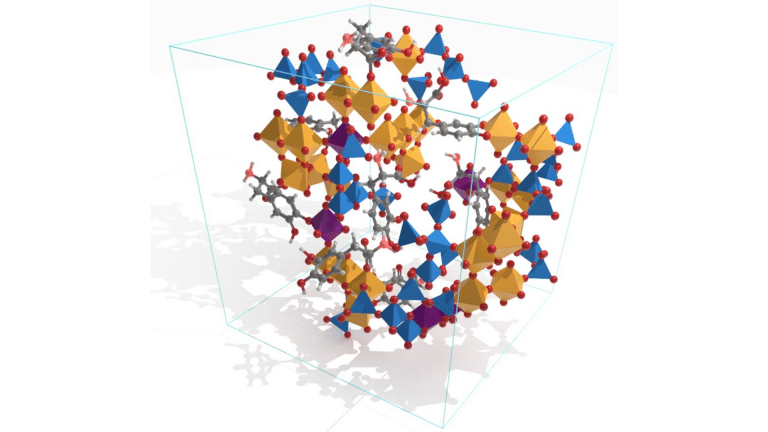
NanoCLICS: a new way of understanding carbon dynamics in soils
Isabelle Basile-Doelsch, Director of Research at INRAE and based at CEREGE, has been working for several years on the dynamics of carbon in soils, a key issue in understanding the climate.
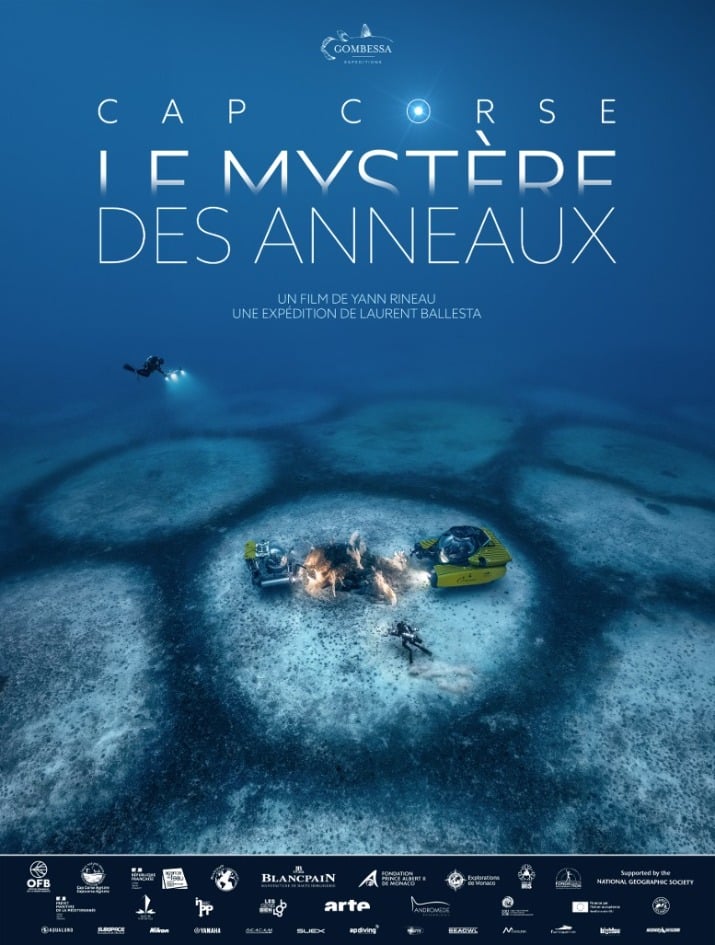
Cape Corsica, the mystery of the rings
On 3 April, the amphitheatre of the Cosquer Museum in Marseilles hosted the preview of the documentary film "Cap Corse: le mystère des anneaux", directed by Yann Rineau and co-produced by the Musée Cosquer.
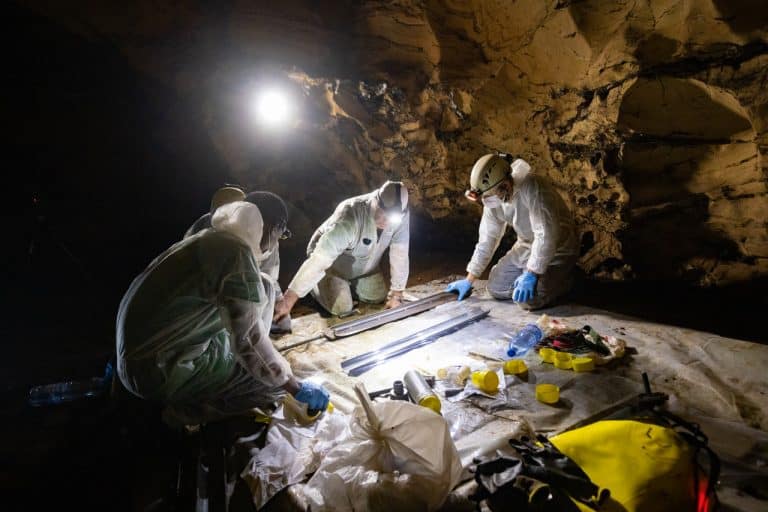
10,000 years of climate told through... bat guano!
An original scientific and educational mission with the participation of Yannick Garcin, palaeoclimatologist at CEREGE. What can bats tell us about the history of the climate? Quite a lot, in fact.
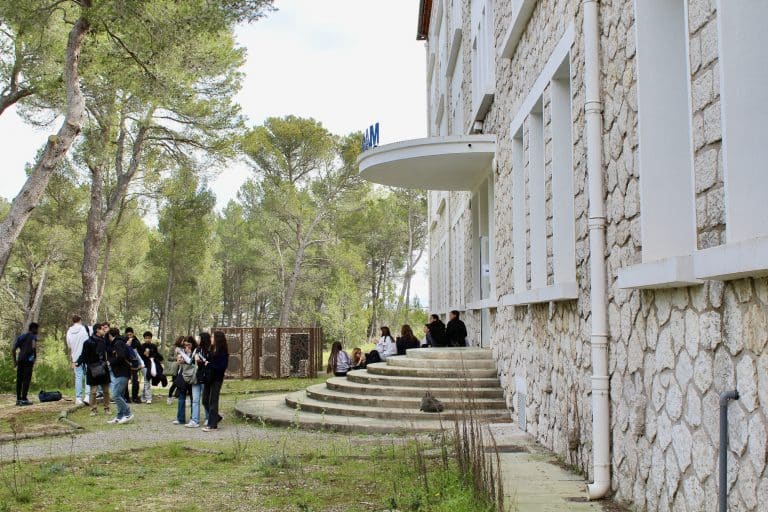
Printemps des Sciences 2025: a scientific immersion at CEREGE
On Thursday 3 April 2025, CEREGE opened its doors for Printemps des Sciences, a national event designed to bring science closer to the younger generation. All
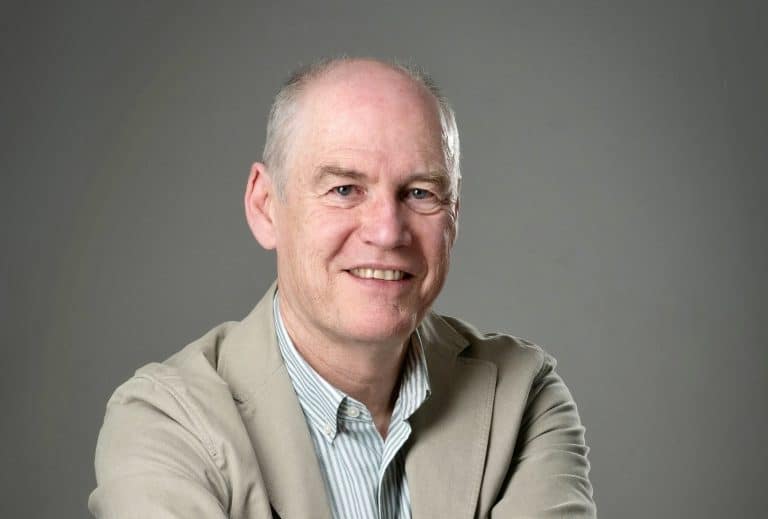
Edouard Bard elected member of the German National Academy of Sciences Leopoldina
Edouard Bard, Professor of Climate and Ocean Evolution at the Collège de France and member of CEREGE, has recently been elected a member of the Deutsche Akademie.
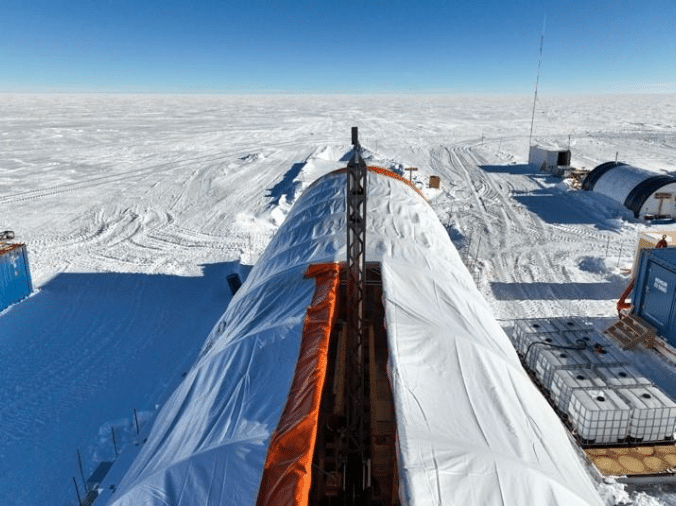
Antarctica: a drilling campaign reaches ice over 1 million years old
An international consortium of scientists from twelve institutions, including the French National Centre for Scientific Research (CNRS) and the French Polar Institute (Institut Polaire Français), has succeeded in reaching ice dating back over
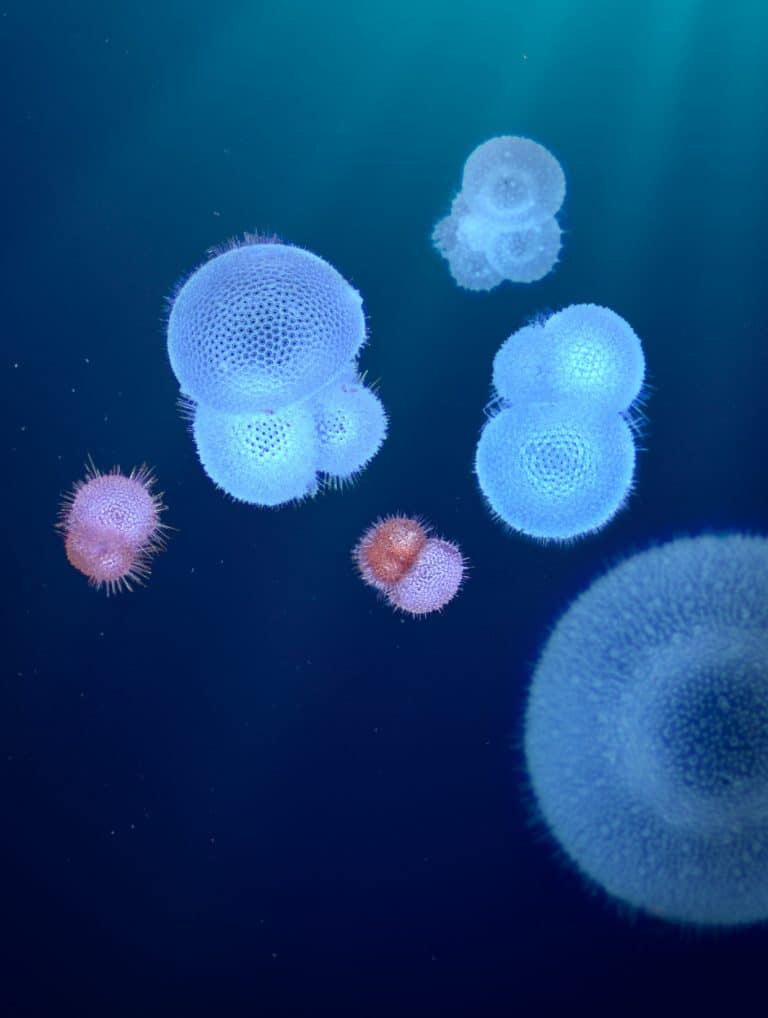
Climate change: a threat to plankton
A new international study, led by researchers from CNRS Terre & Univers, reveals that planktonic foraminifera, micro-organisms essential to the ocean carbon cycle, are in decline.
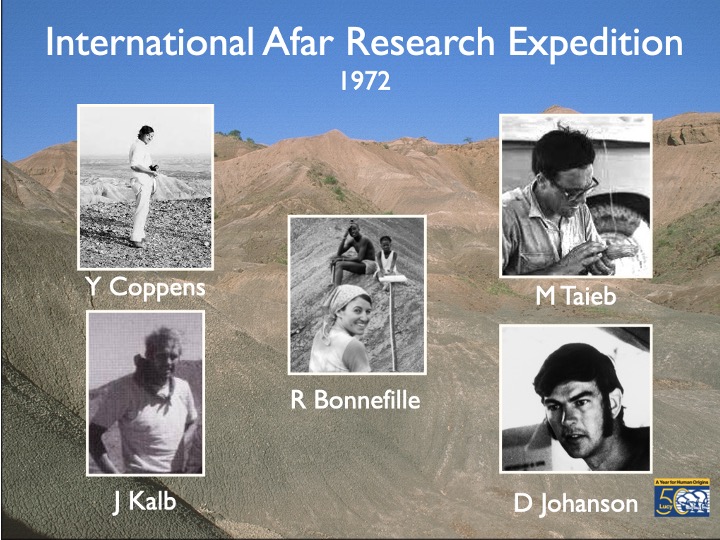
50th anniversary of the discovery of Lucy - by Raymonde Bonnefille
2024 celebrates the fiftieth anniversary of the discovery of Lucy (24/11/1974), the name given to the now famous hominid skeleton discovered in Hadar, in the Afar region of Ethiopia. This discovery paved the way
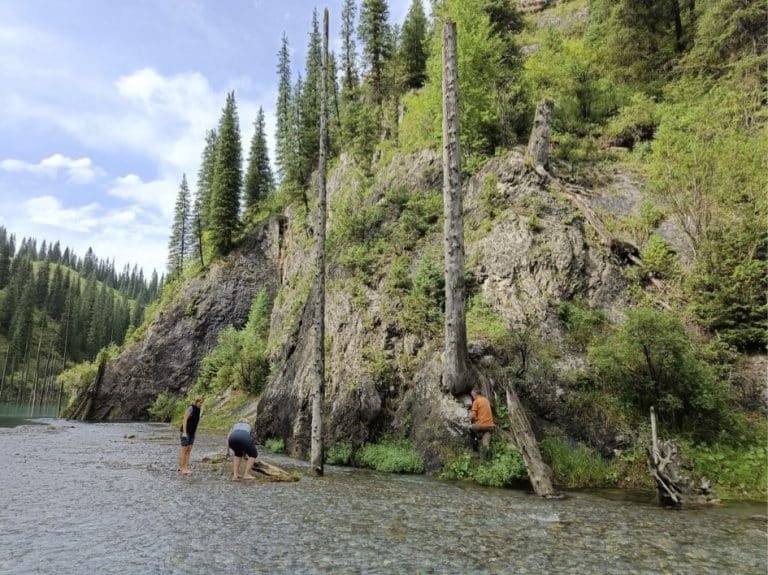
When tree rings reveal the age of one of Kazakhstan's most beautiful natural gems
Situated in the Tien Shan mountain range, in the Kolsai National Park and classified as a biosphere reserve by UNESCO, Lake Kaindy offers a landscape that is as mysterious as it is beautiful.

